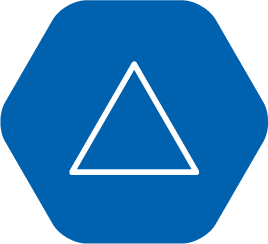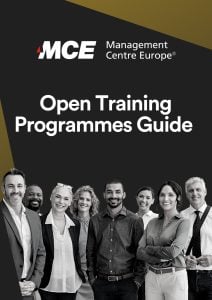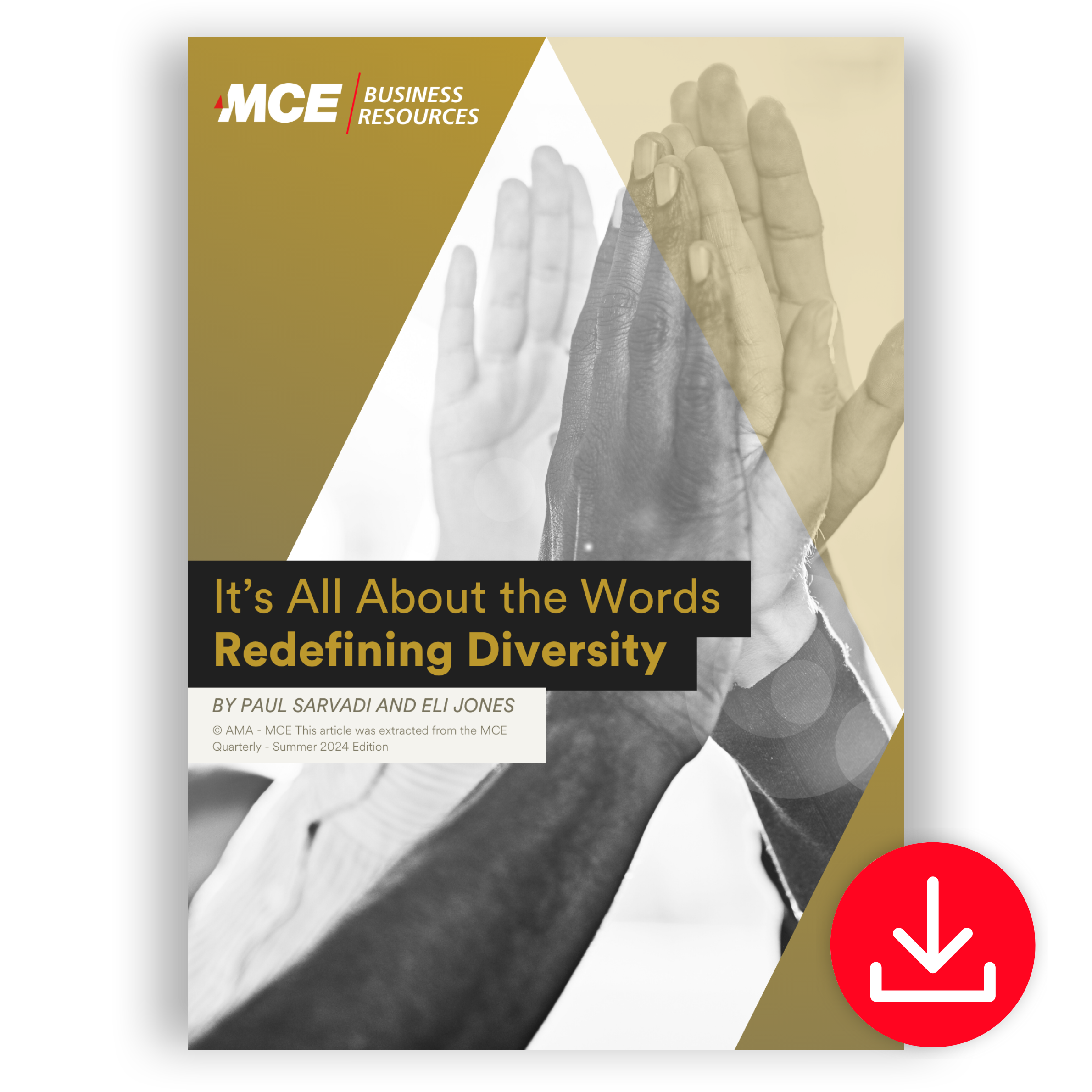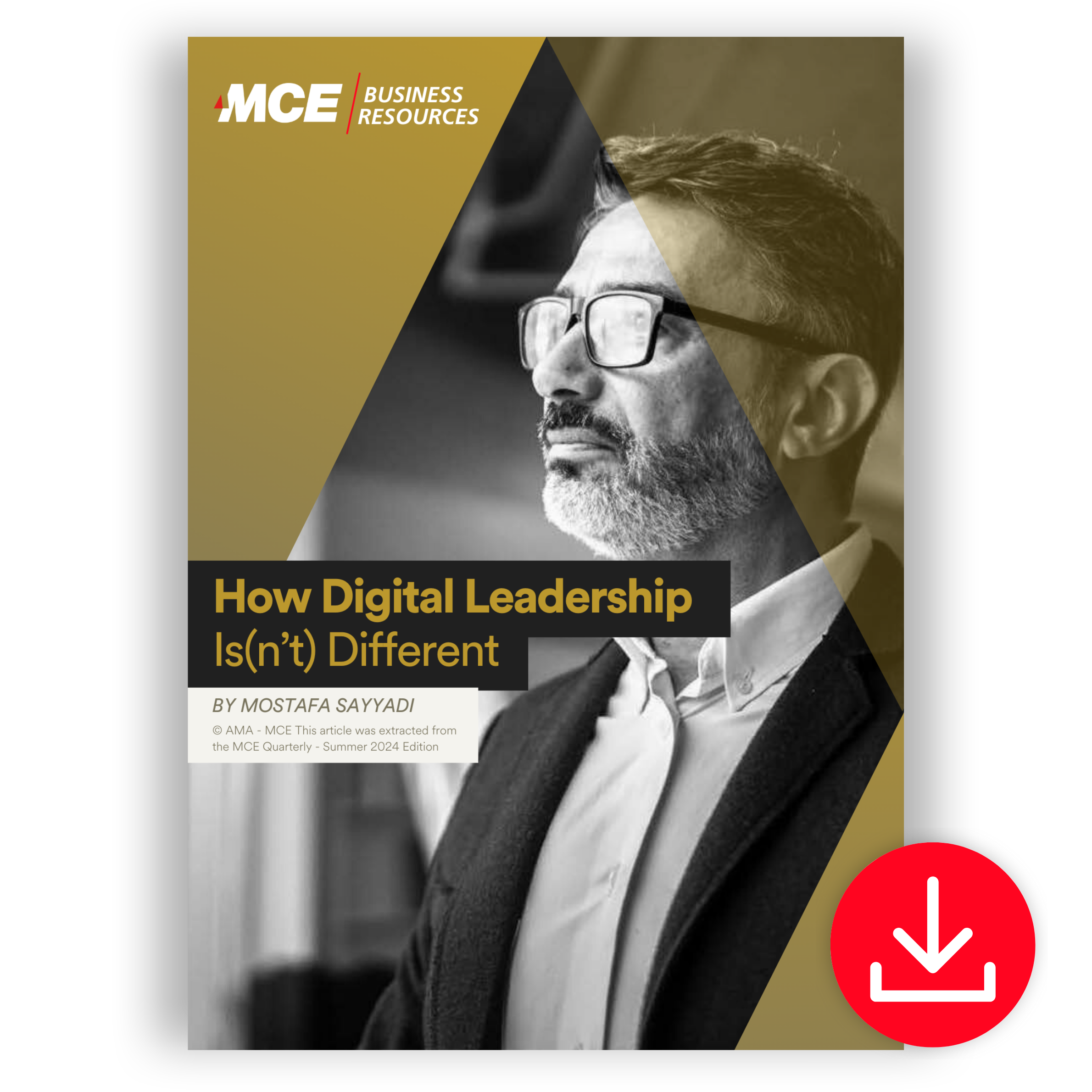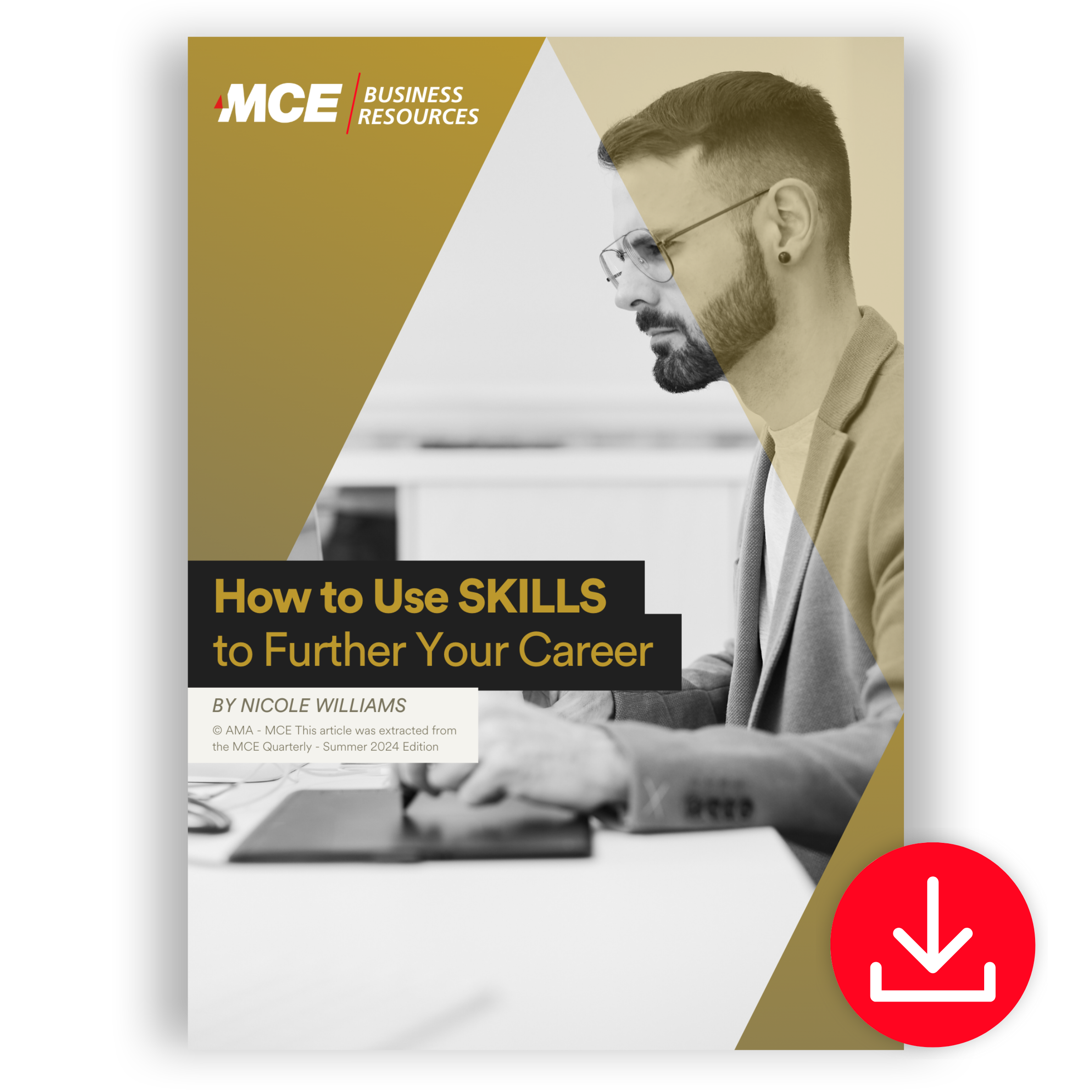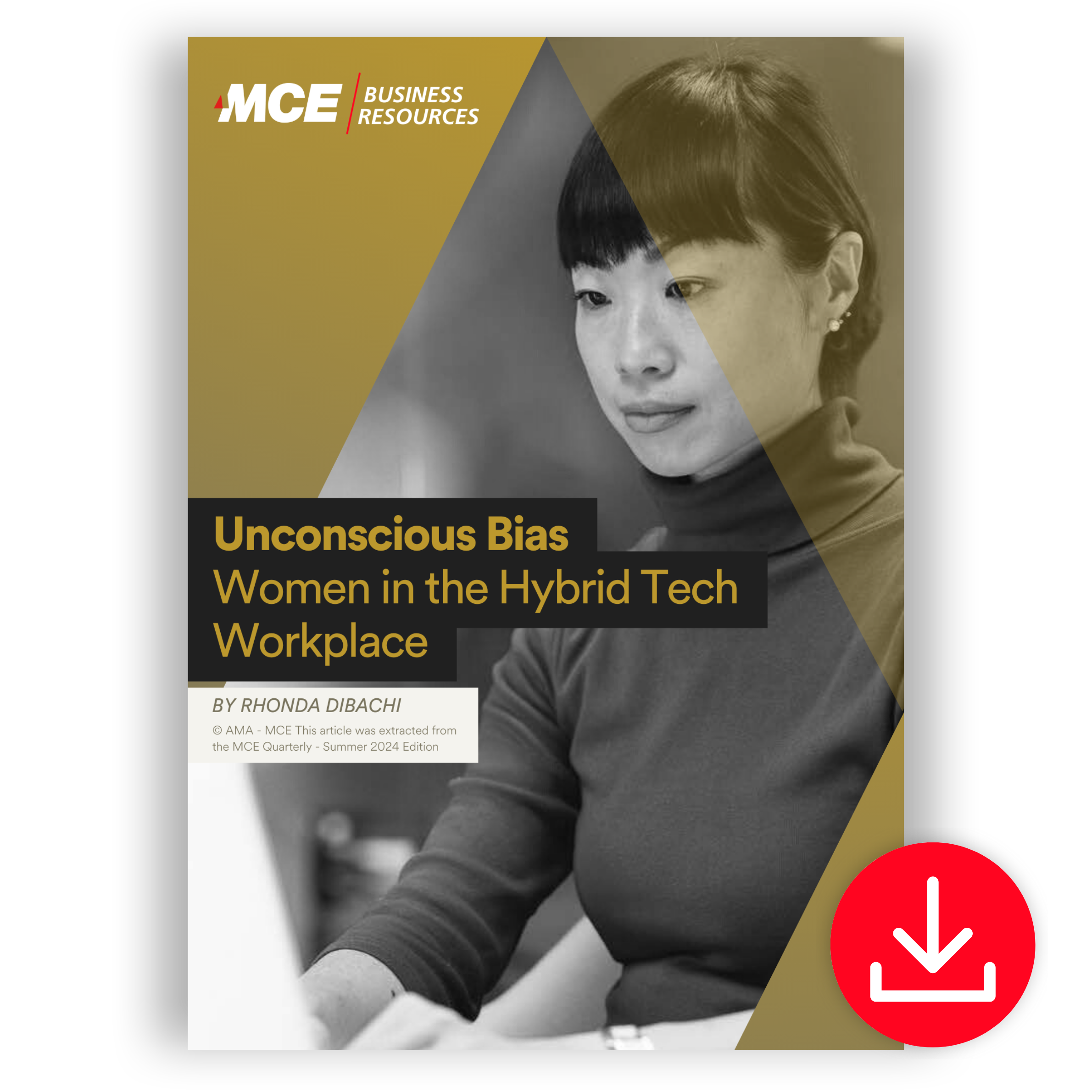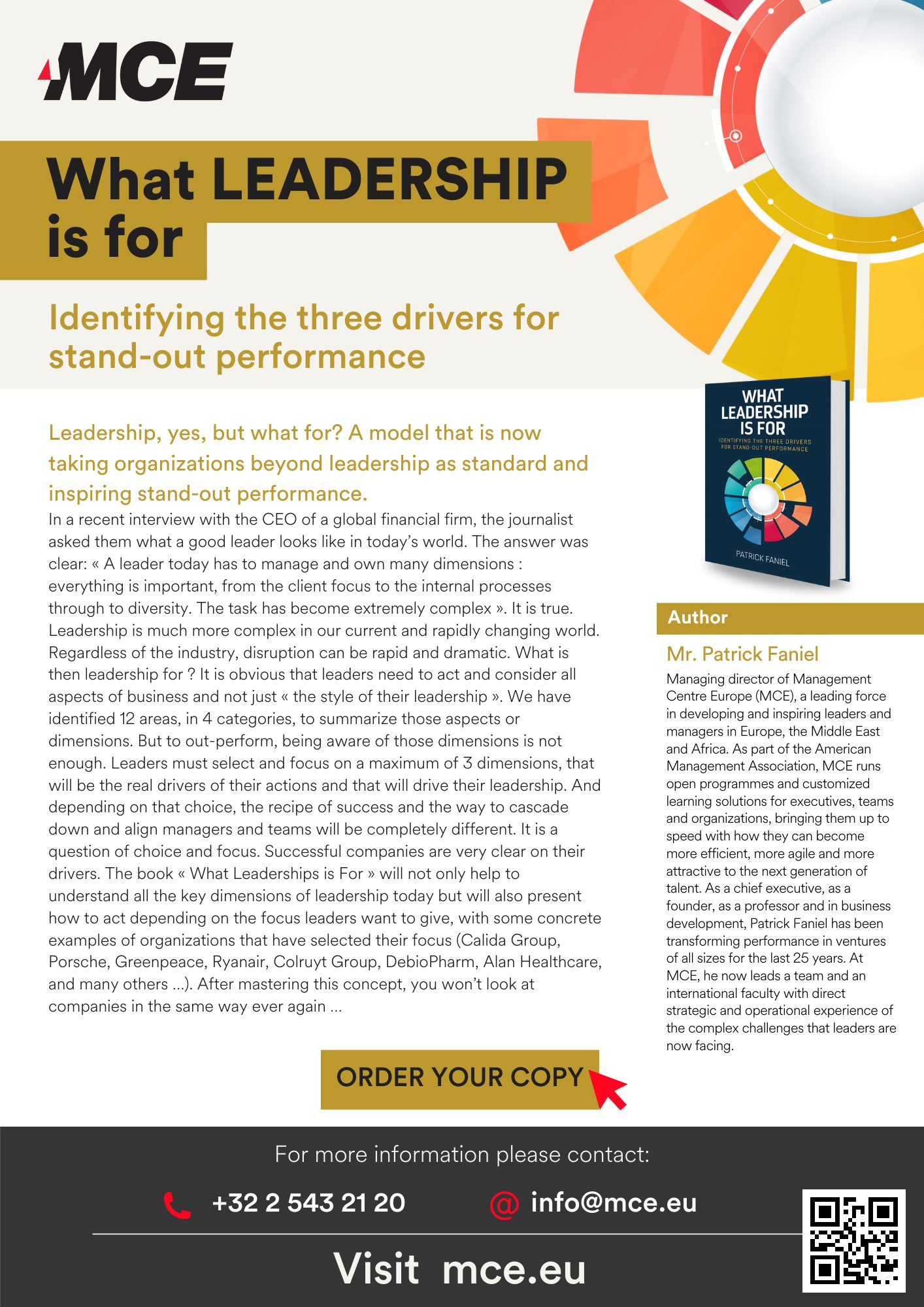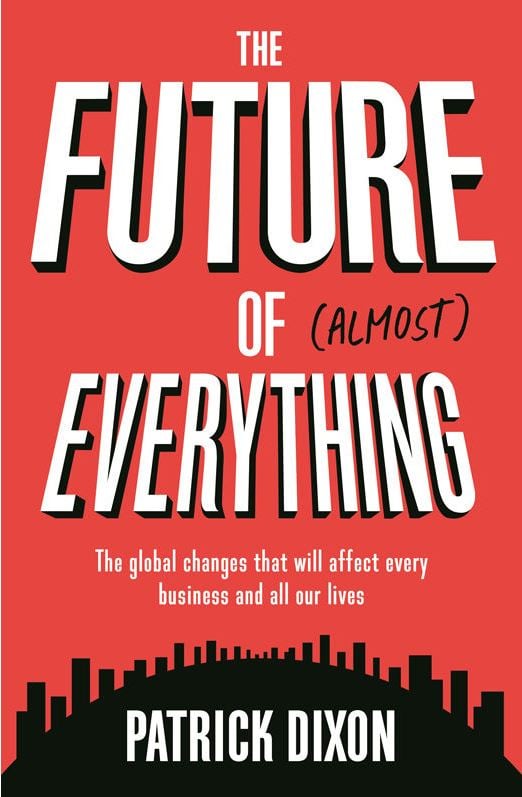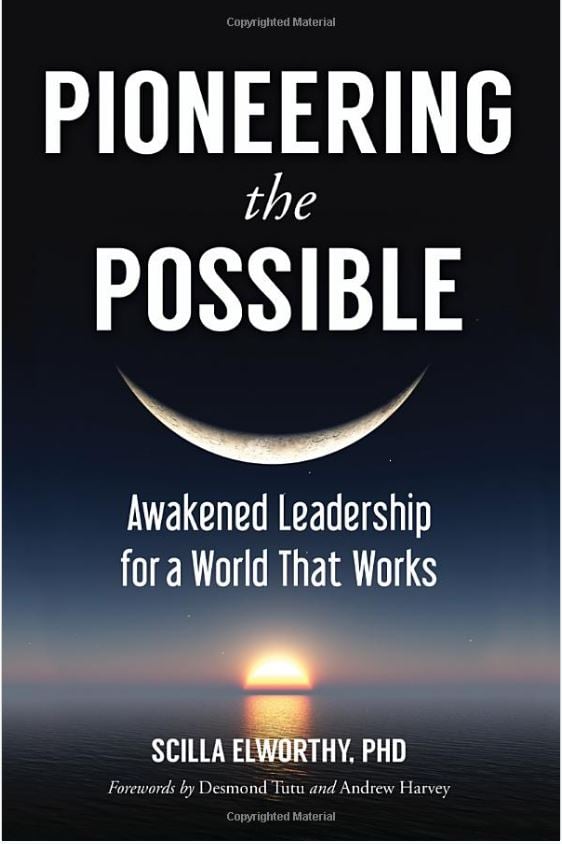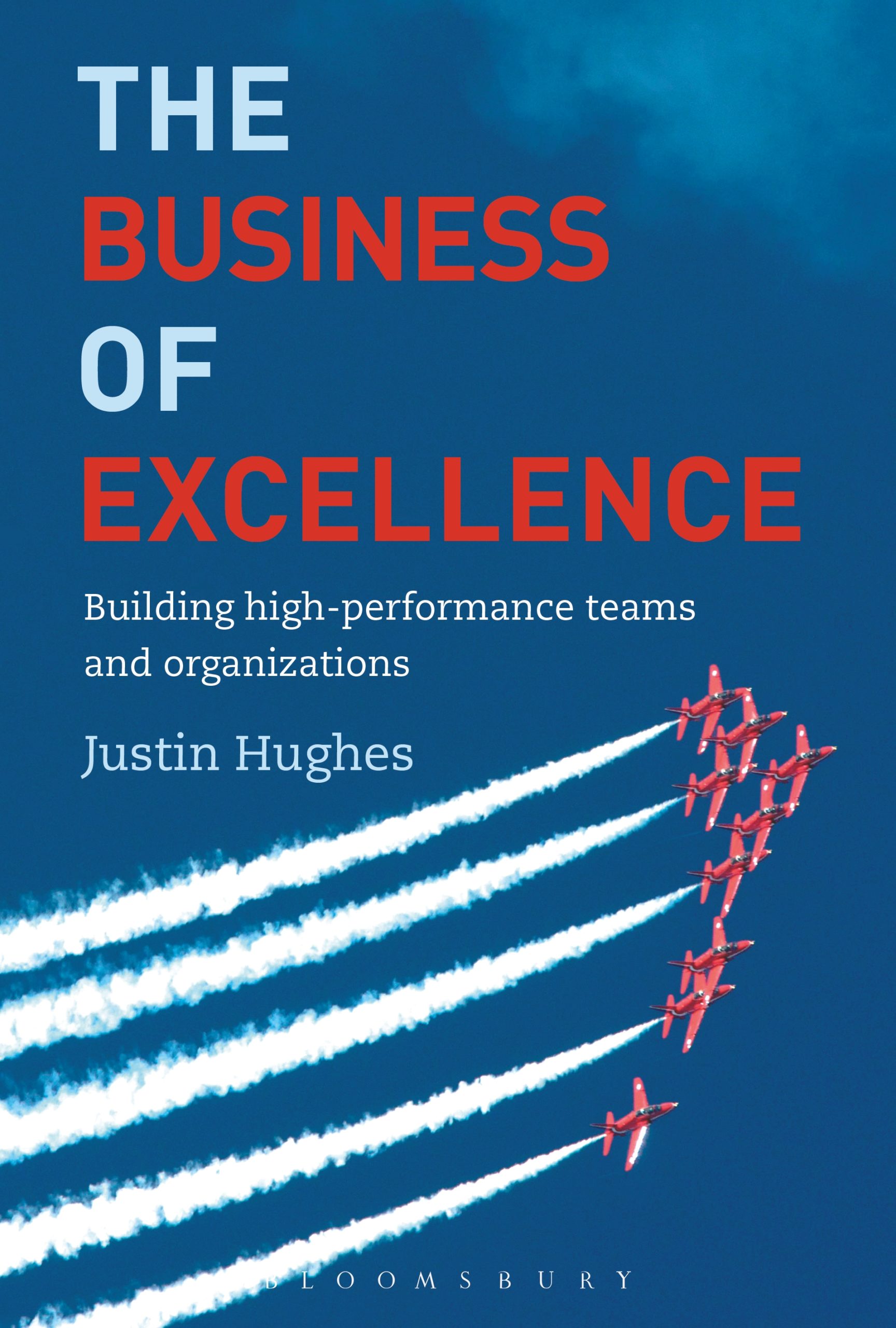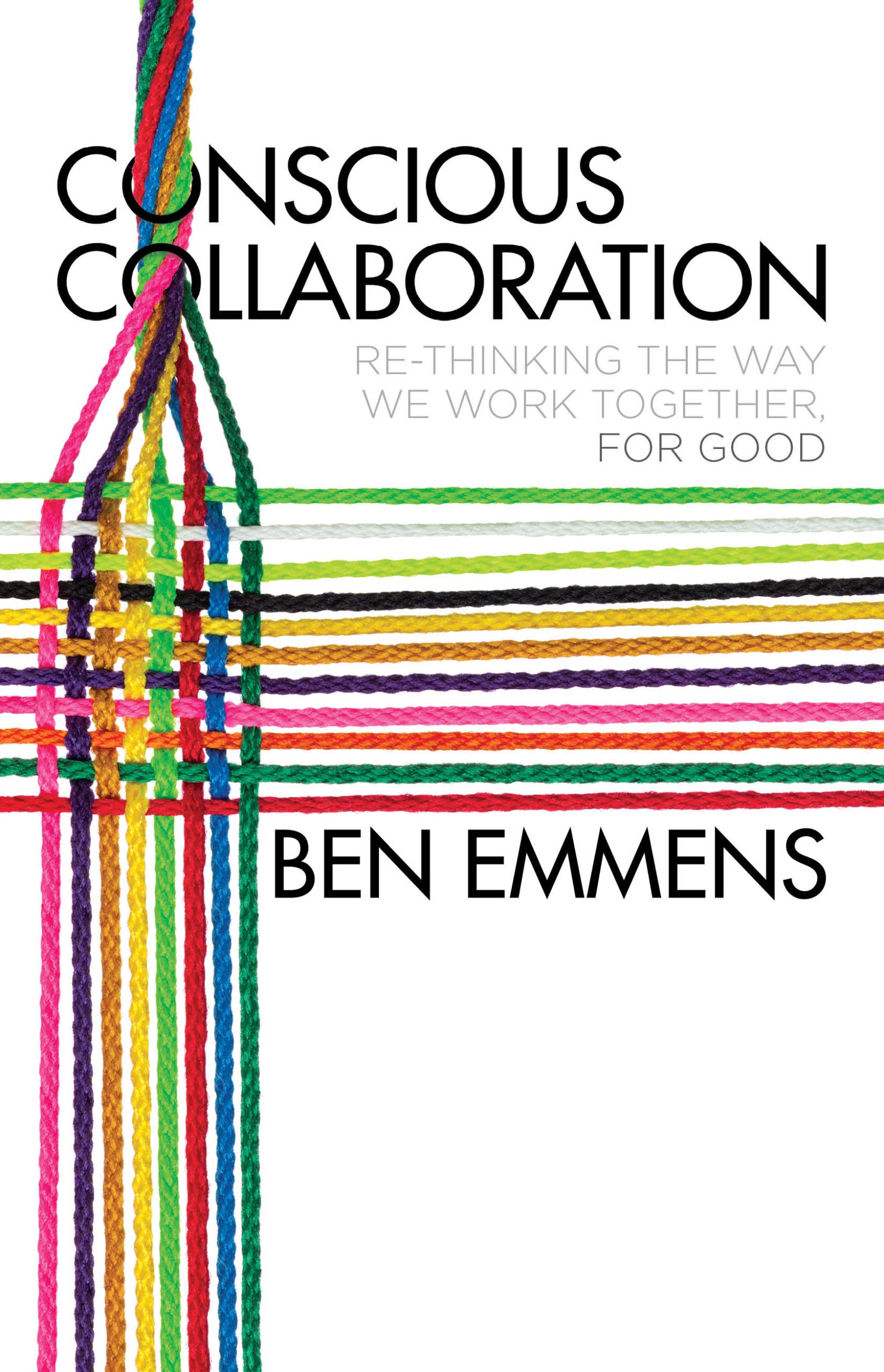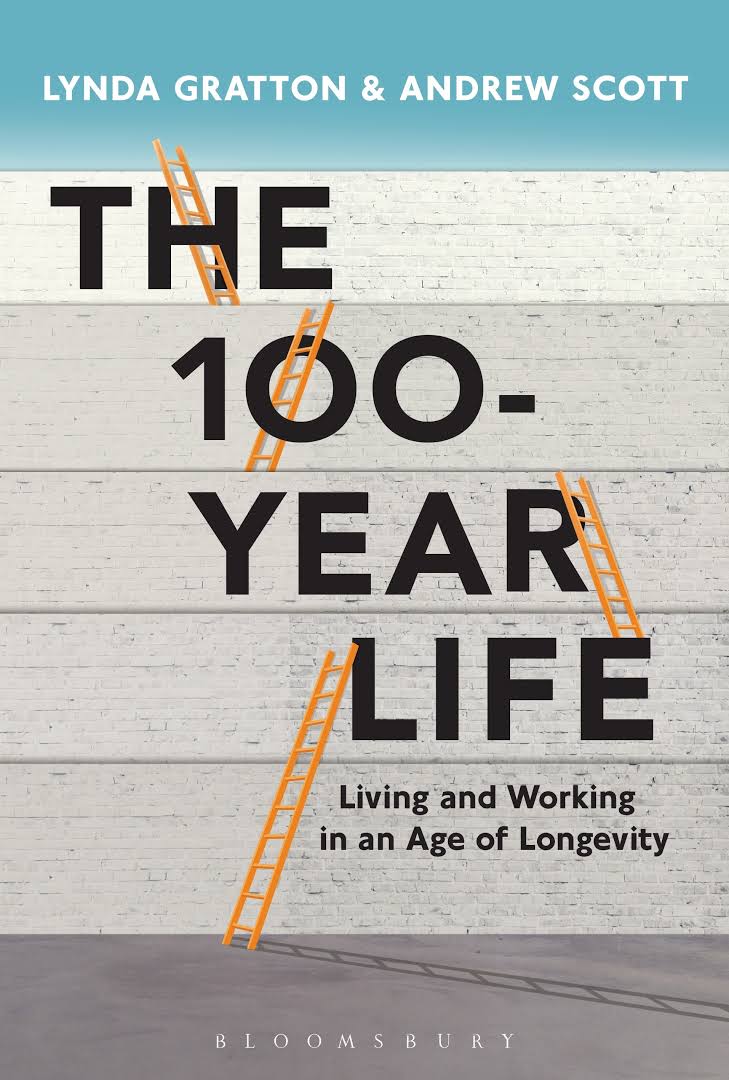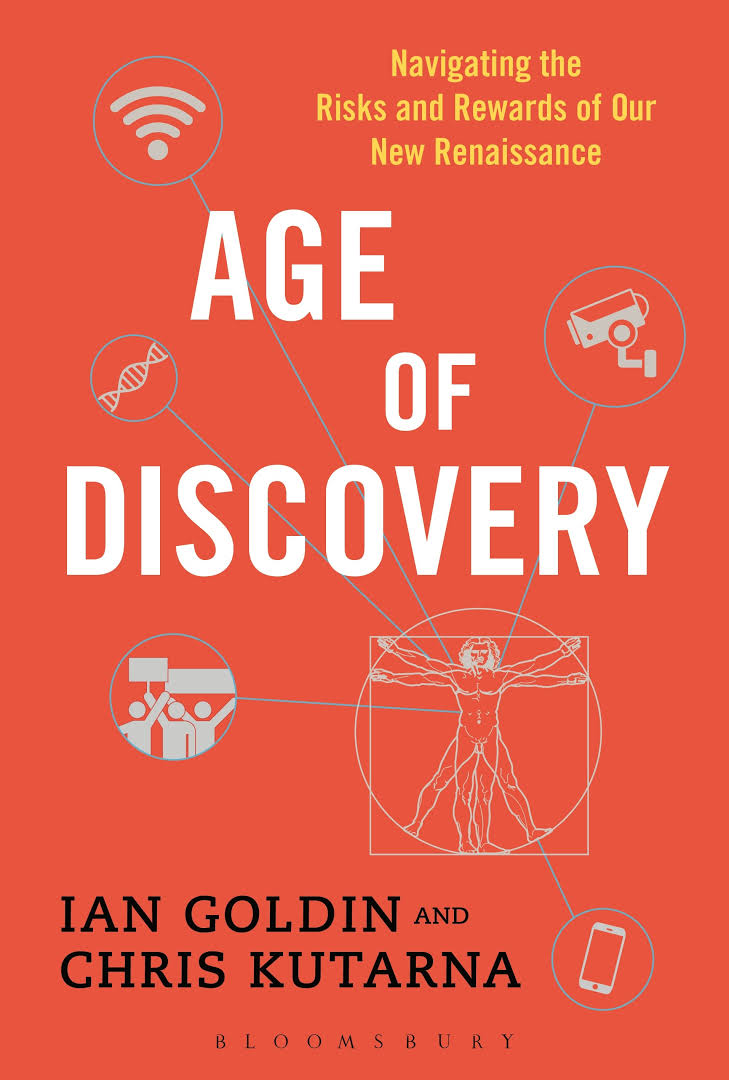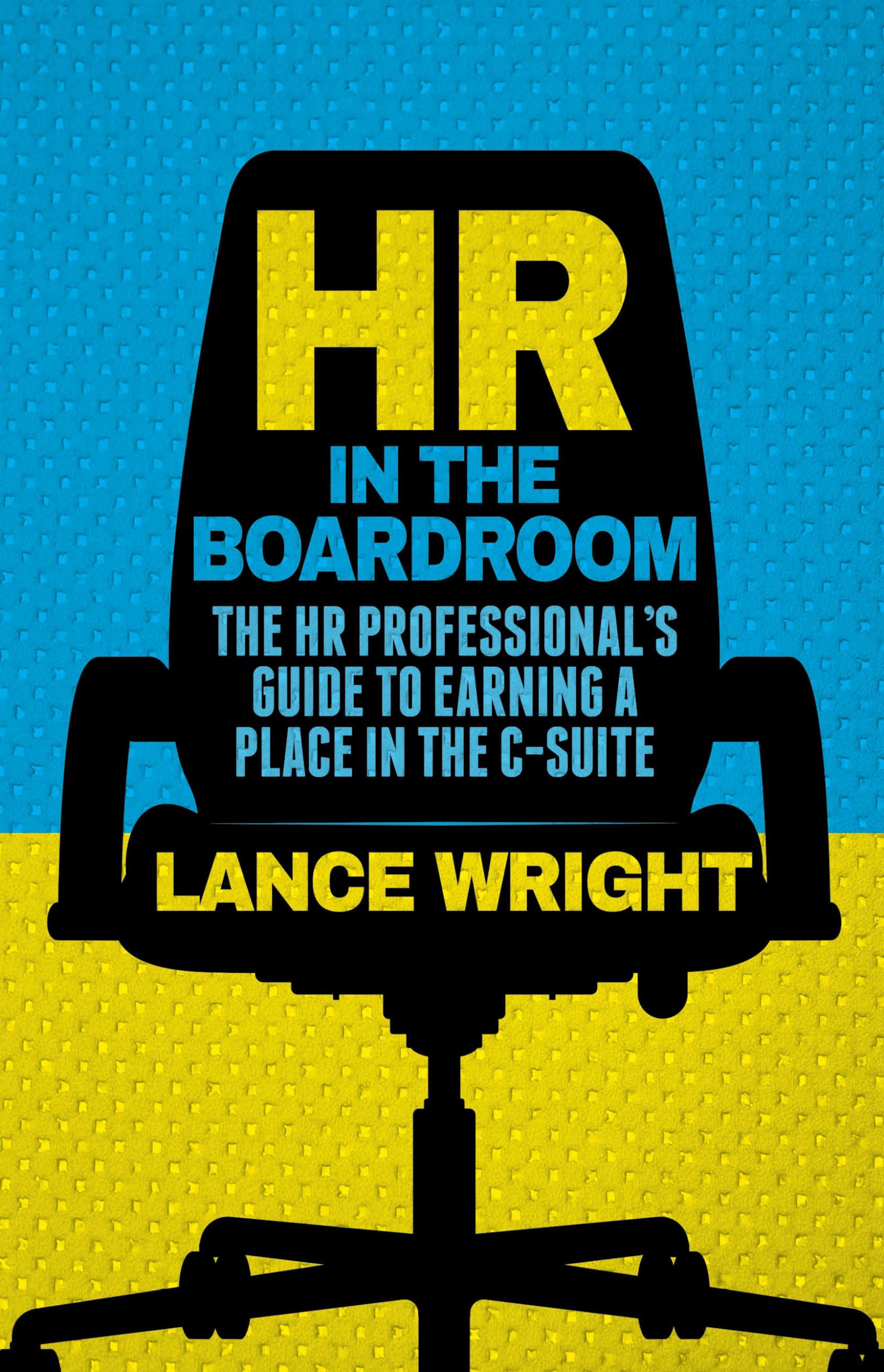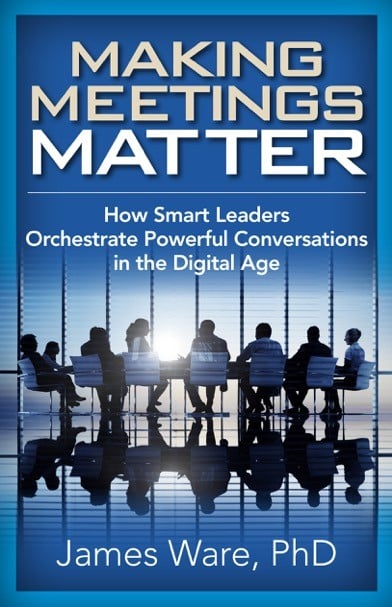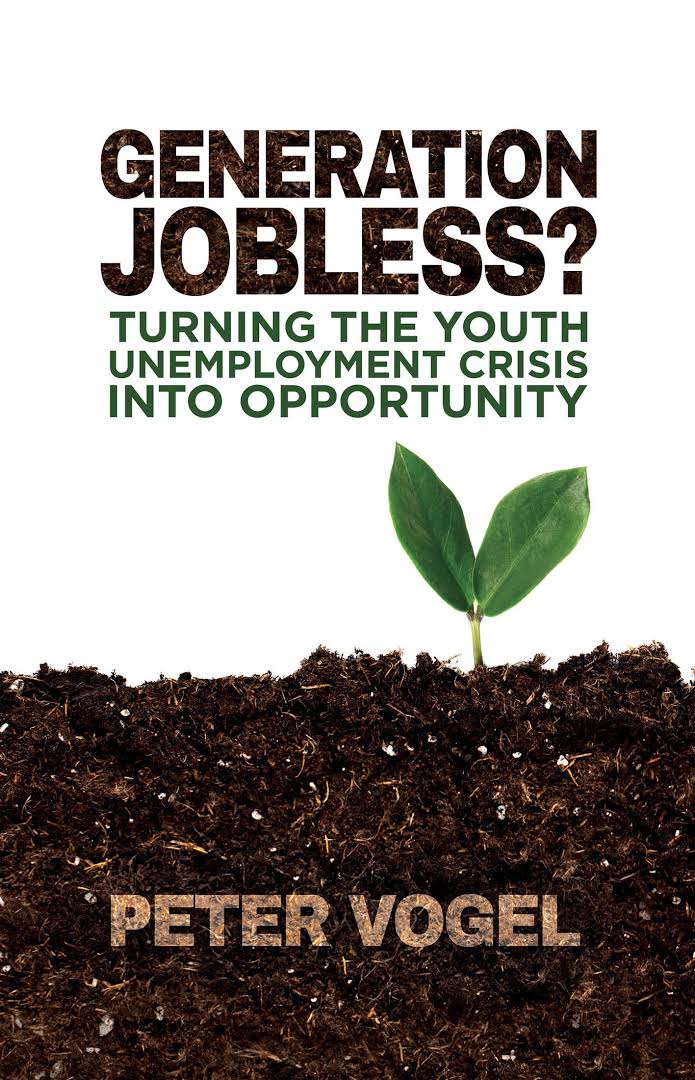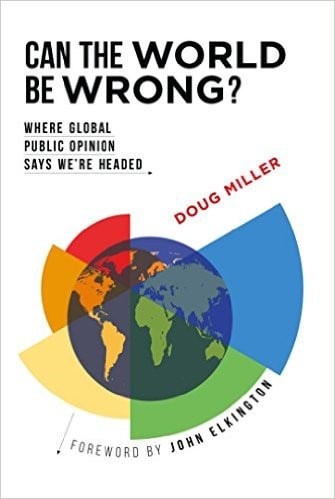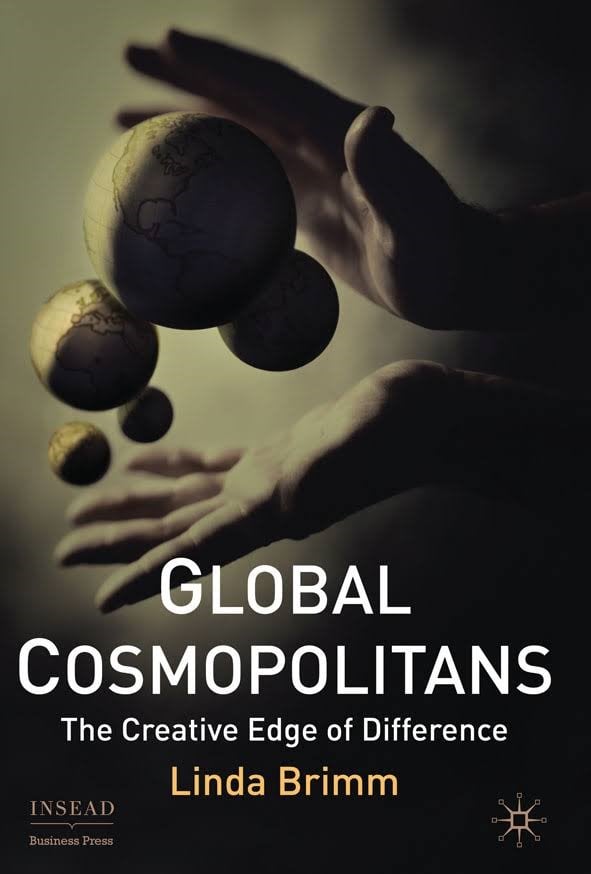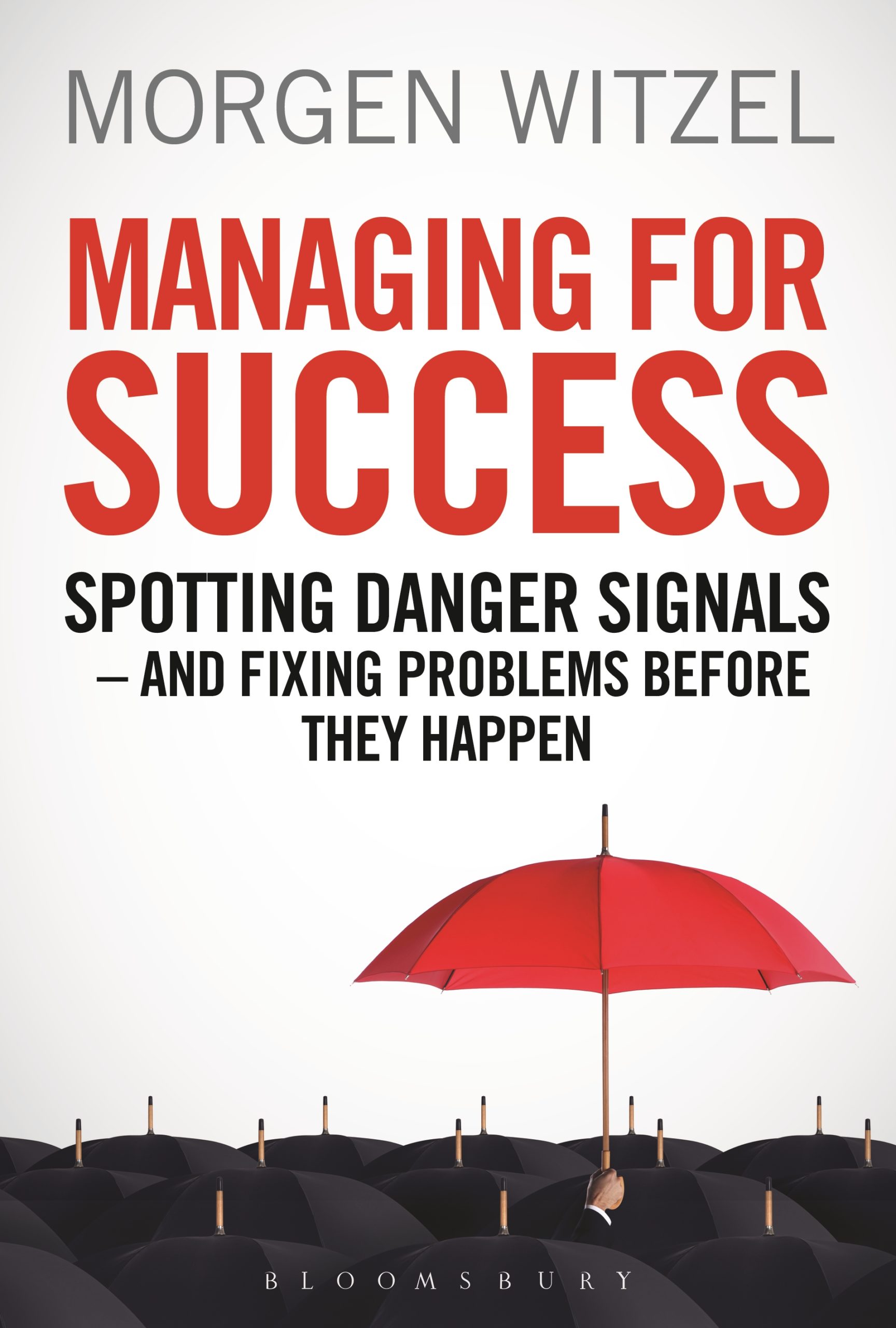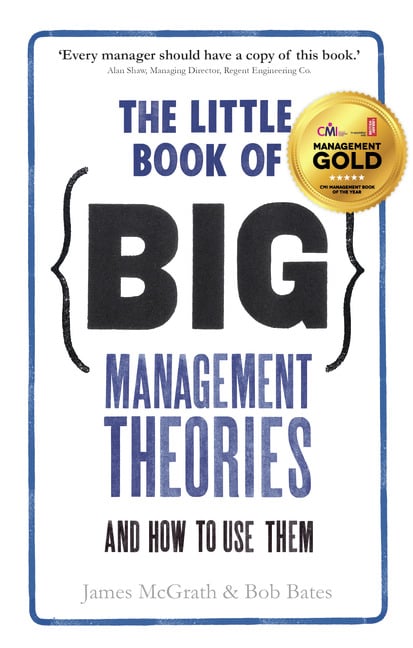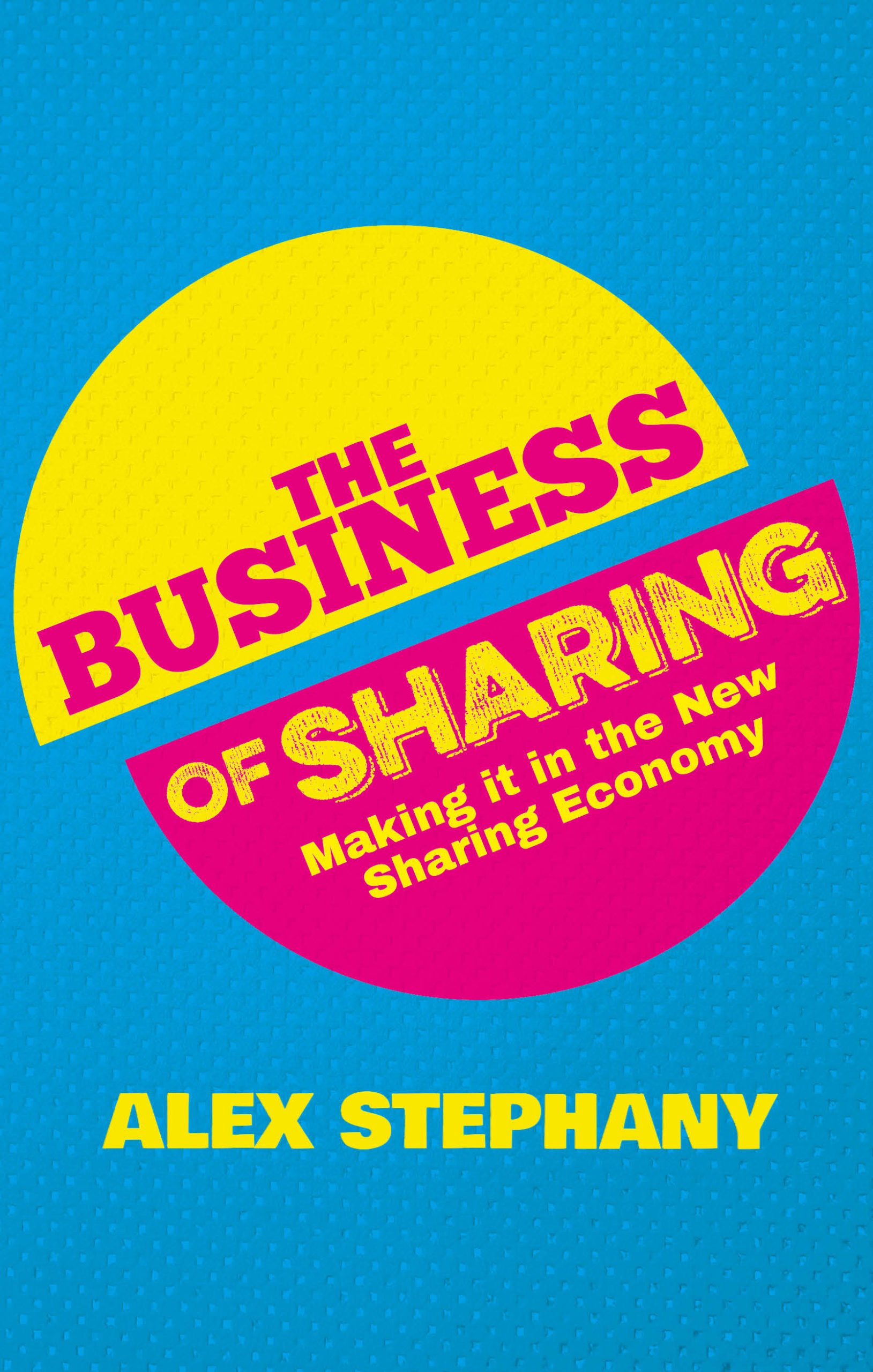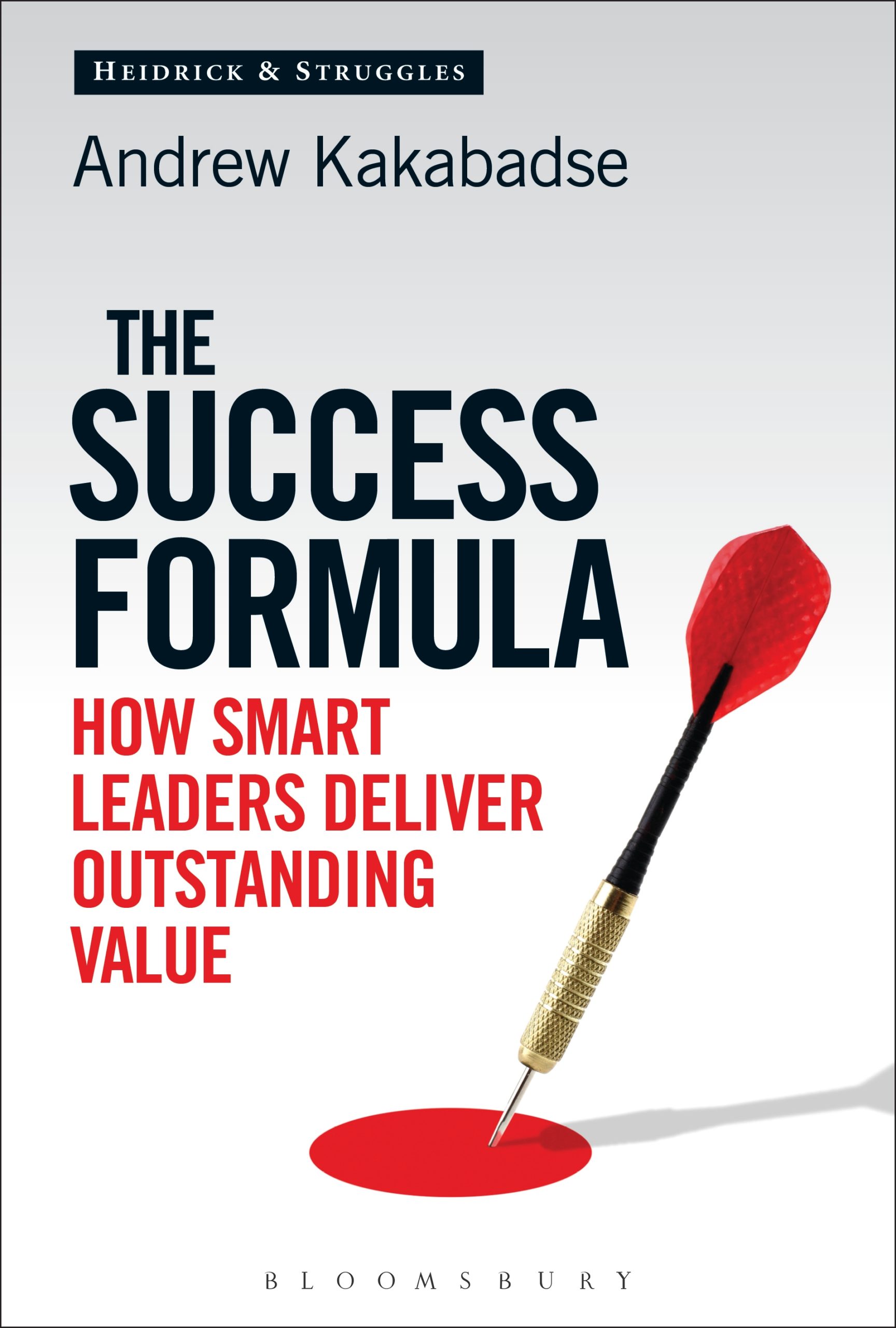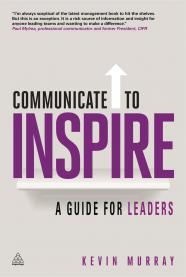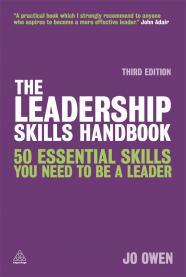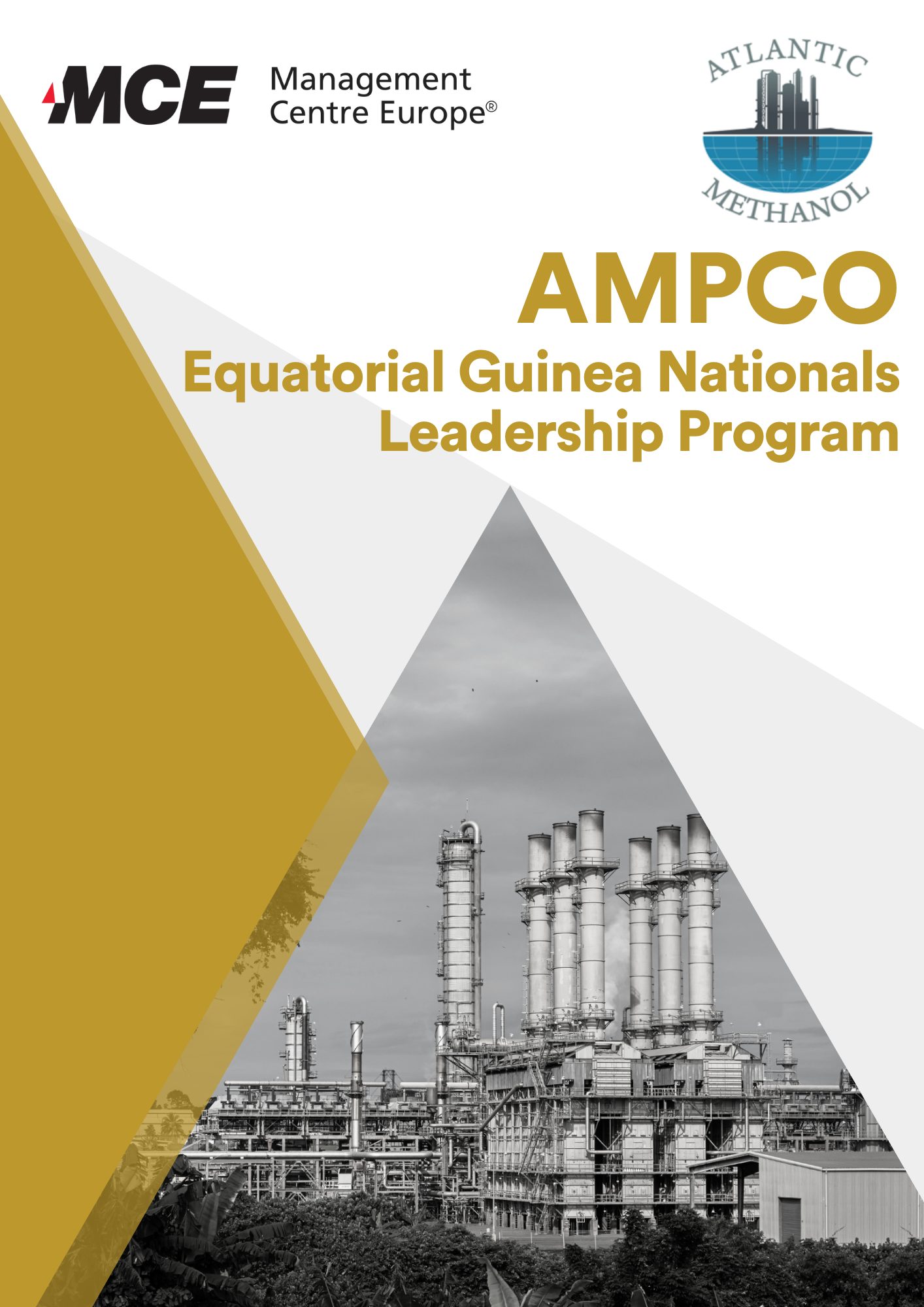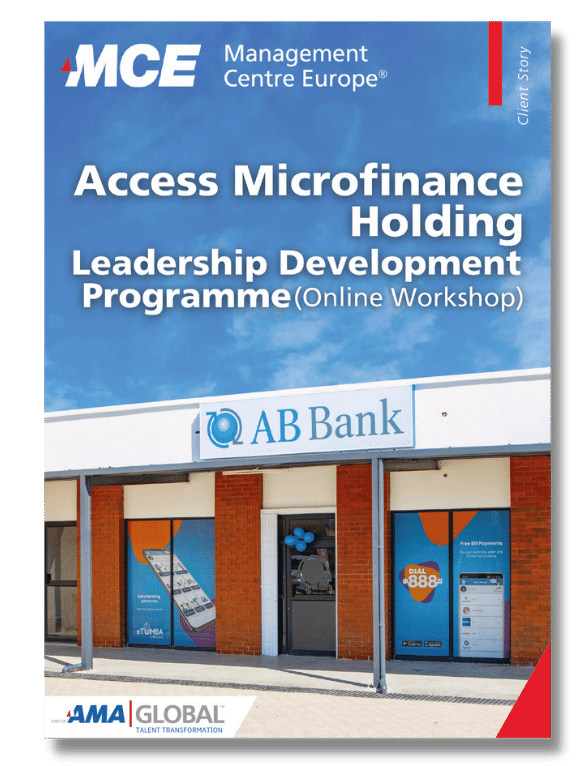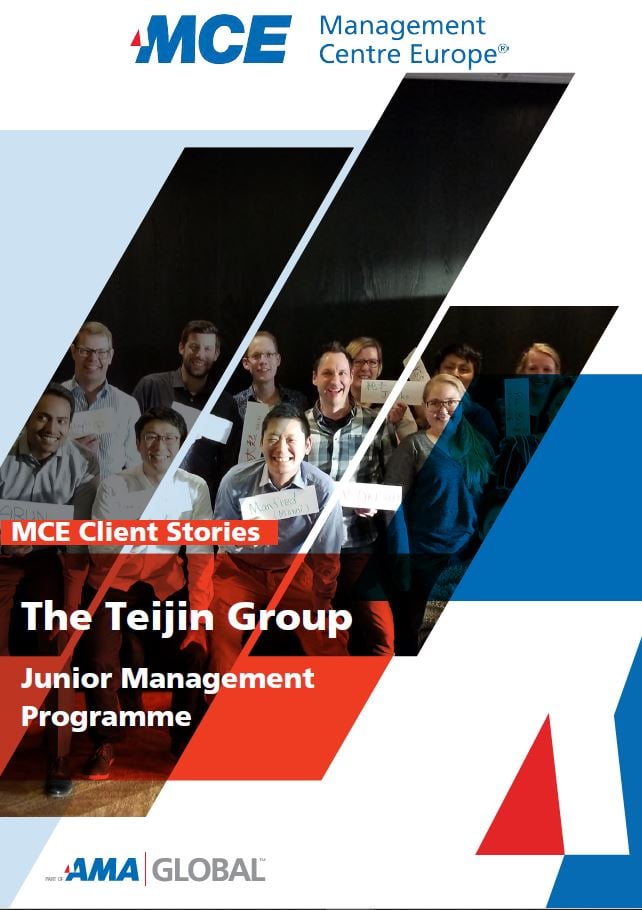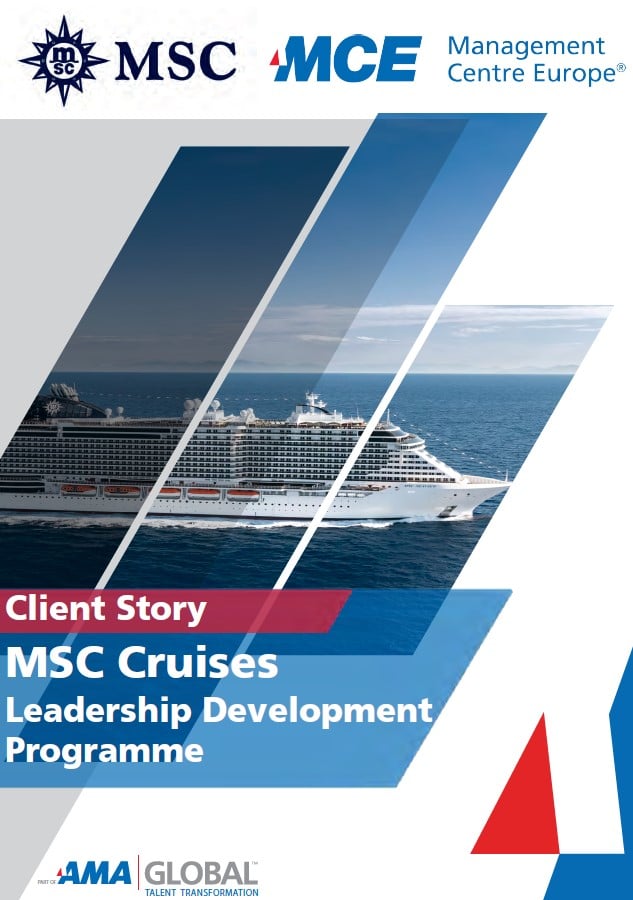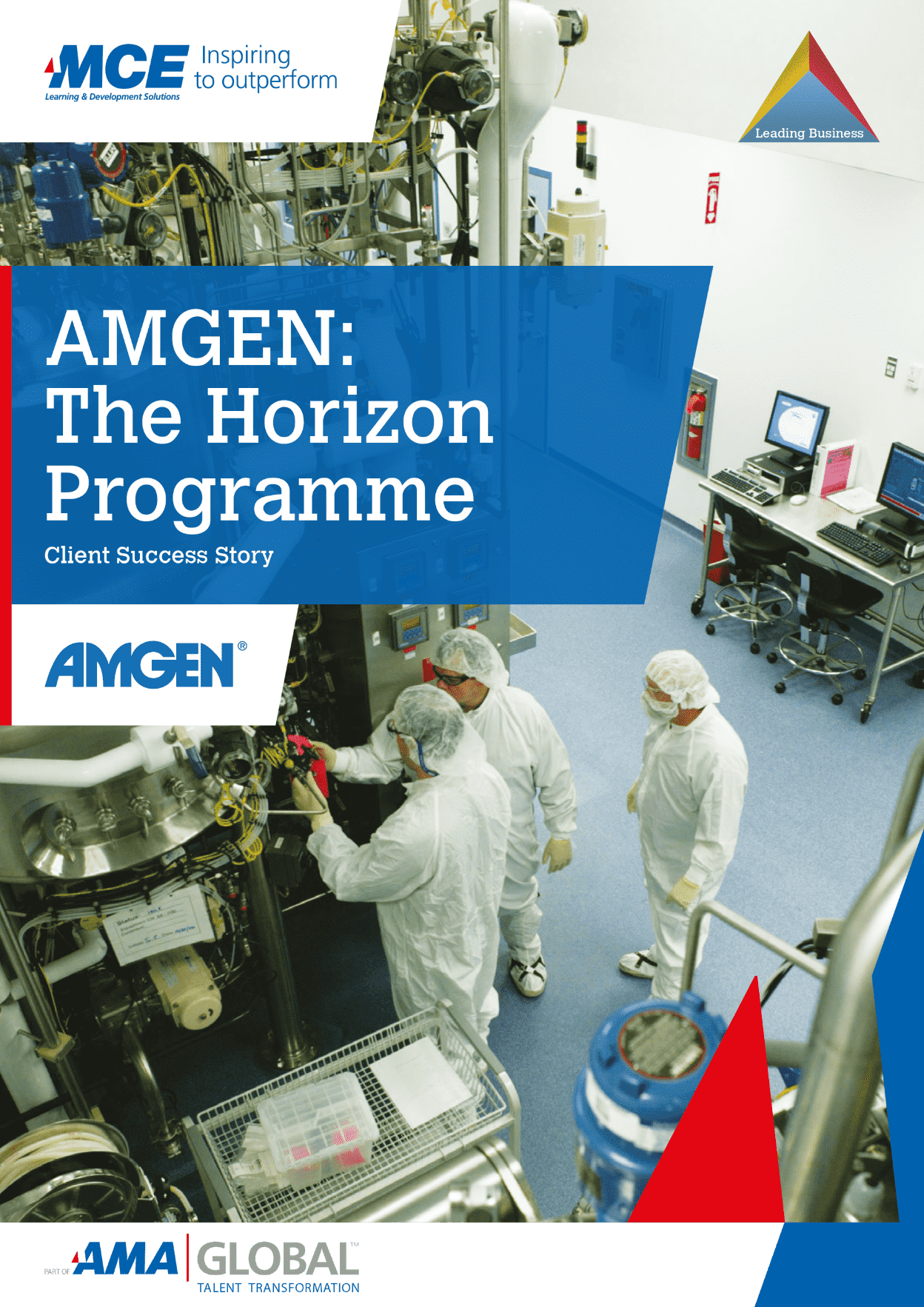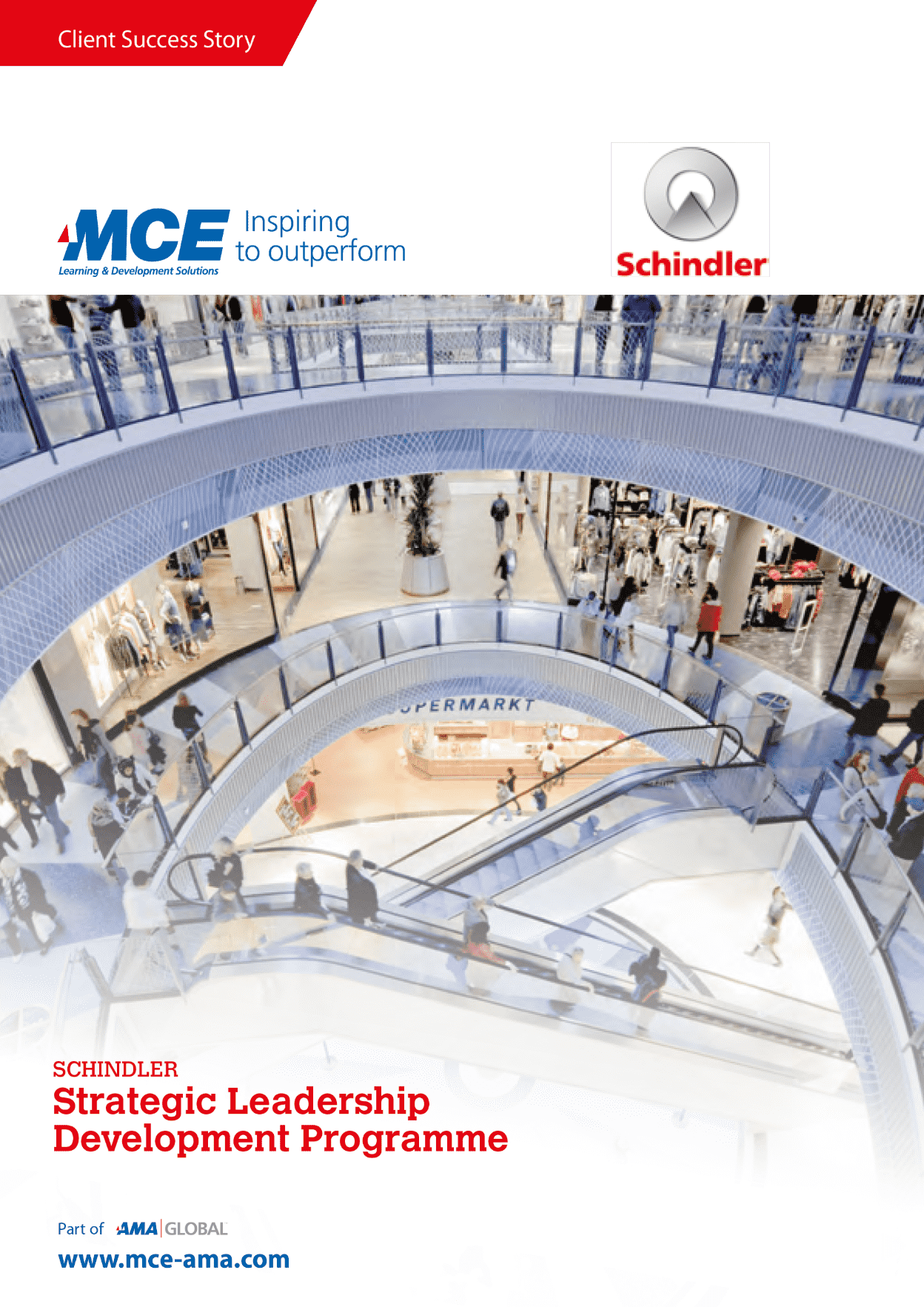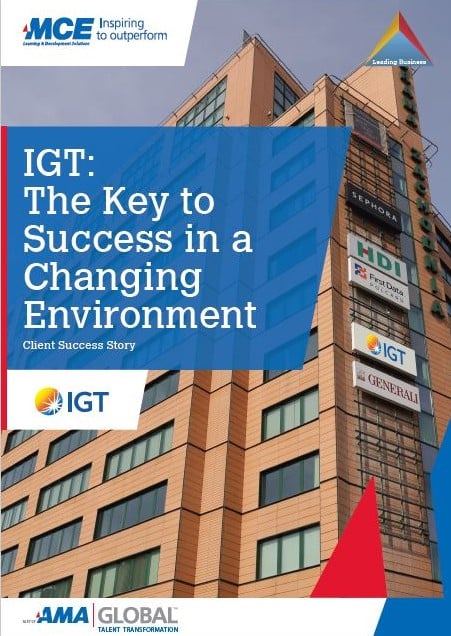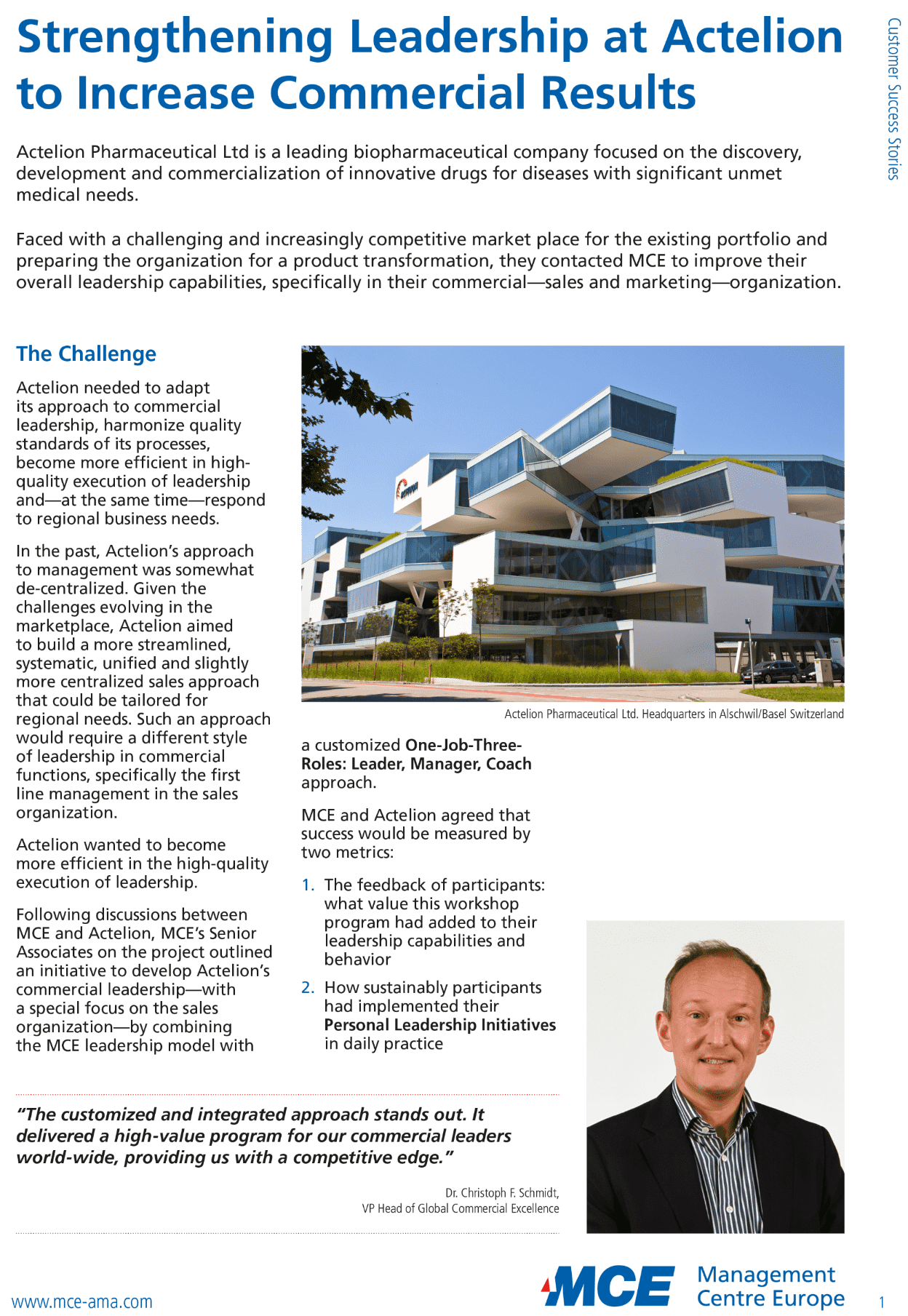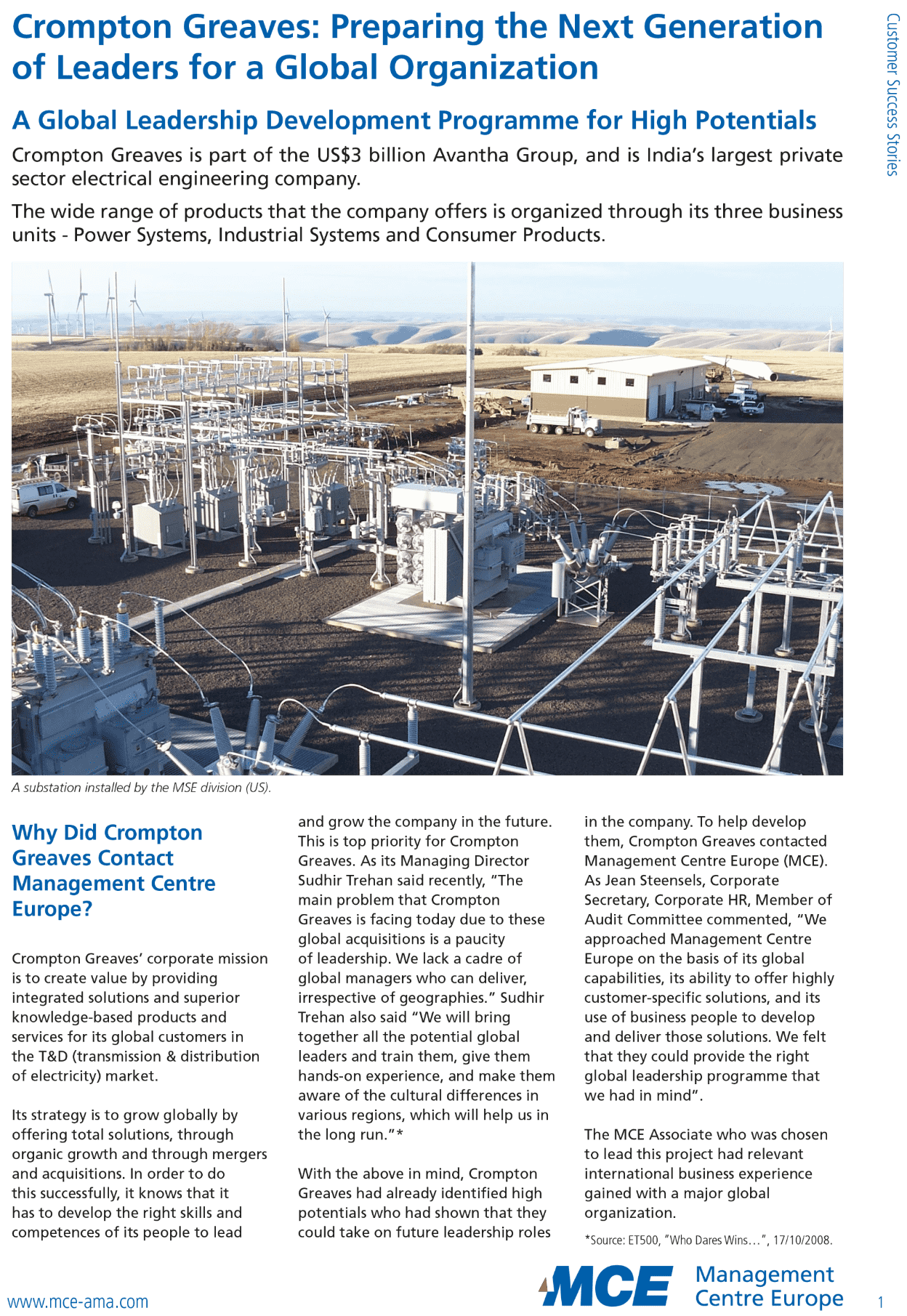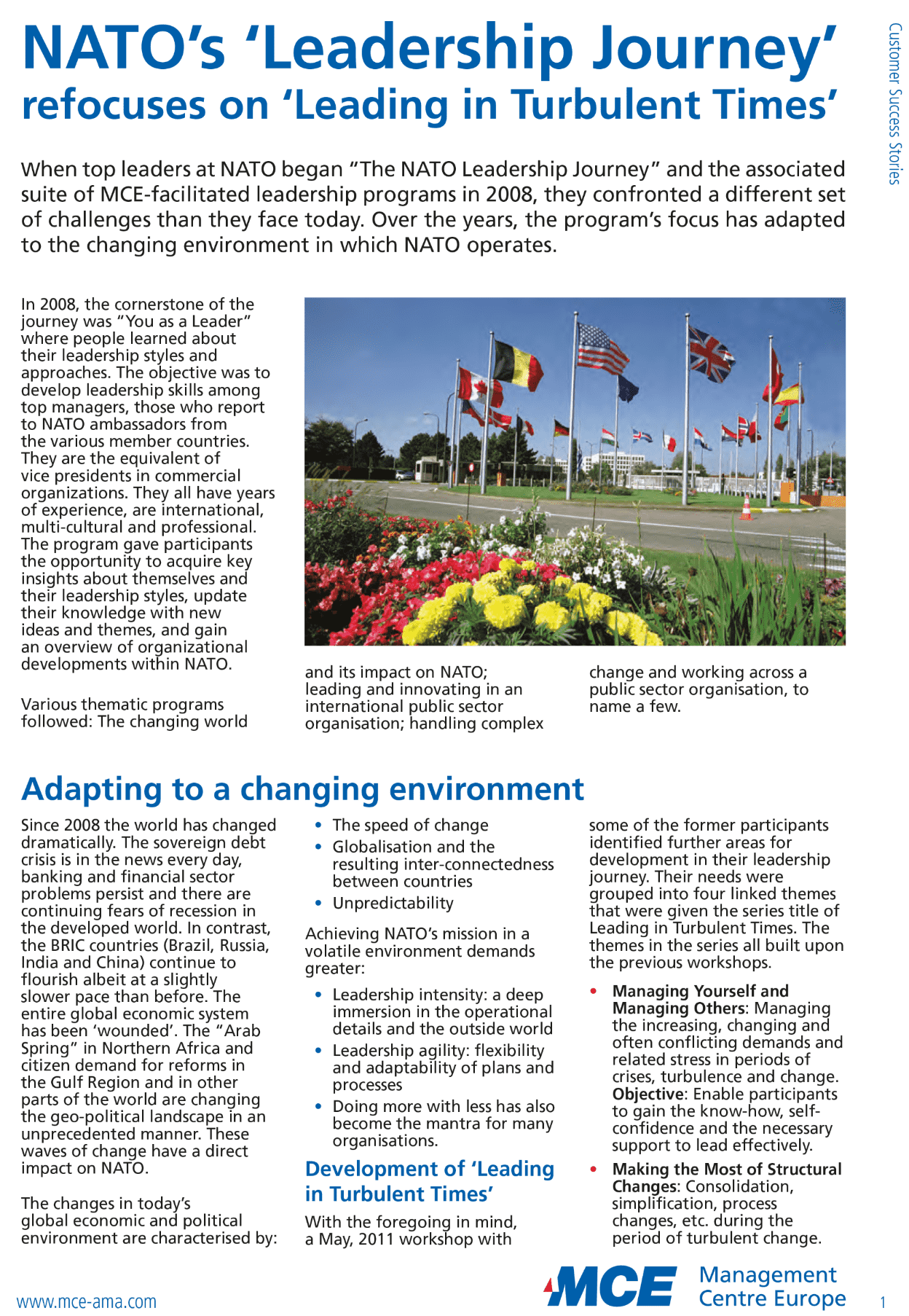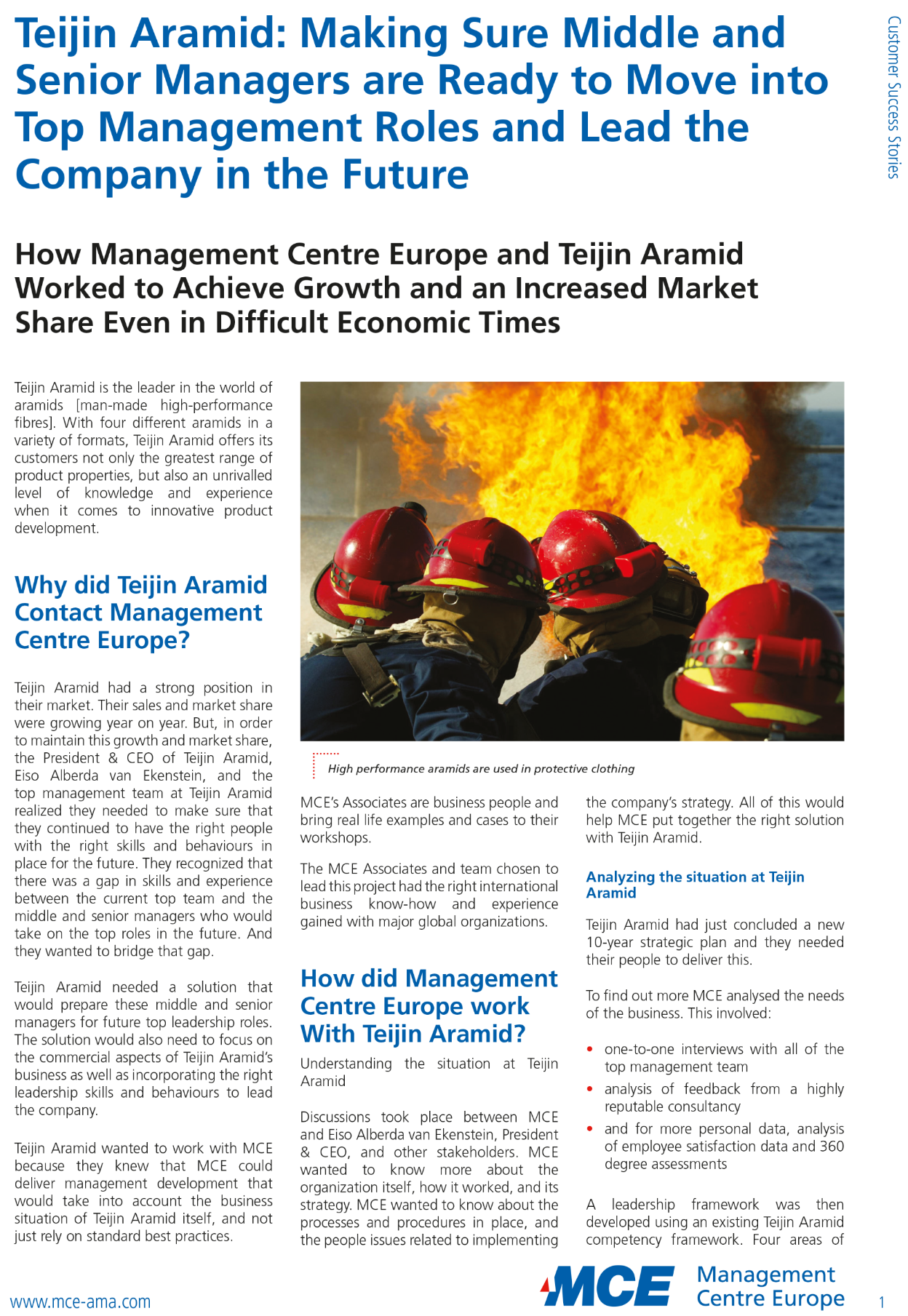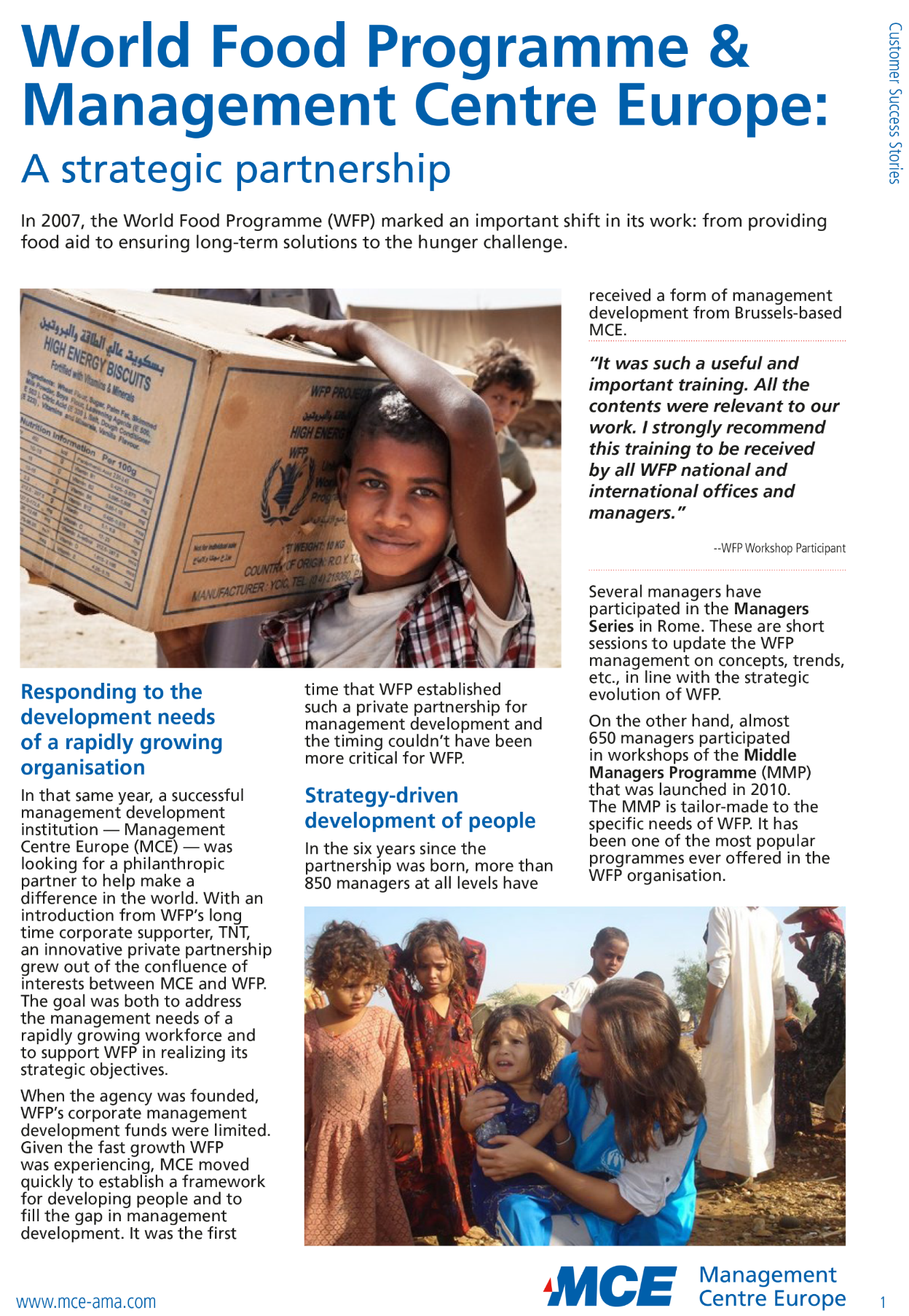
Overview
Learn more
Make better purchasing decisions by developing key skills in negotiation, supplier management and procurement
Highlights:
• Learn the best negotiation techniques you need in an international business environment
• Manage your supplier relationships to reduce costs, improve quality and increase performance
Key Competences:
• Managing the supplier base
• Procurement decisions
• Life cycle costing
• Managing contracts
• Ethical & legal purchasing
• Negotiation skills for buyers
The Right Programme for you
Typical Participants are:
• Managers
• New Managers
Learn, Practice and Use
• Identify the core expertise, process knowledge, and interpersonal skills necessary for success as a 21st-century buyer
• Discover the criteria for successful supplier selection
• Manage your supplier relationships to reduce costs, improve quality & enhance performance
• Understand legal and ethical requirements and issues in your role
• Learn negotiation techniques for a global purchasing environment
• Understand the difference between leasing, renting and outsourcing
• Describe how total cost of ownership fosters better buying decisions
• Use the contract planning checklist to avoid surprises
• Share your knowledge and challenges with your peers and MCE's highly experienced faculty
Programme Modules
What will you learn and practice?
Modules:
1 – The Buyer’s Role in Today’s Purchasing Organization
- Explain How Purchasing Adds Value
- Define the Supply Chain and the Buyer’s Role in Purchasing and Supply Management
- Describe the Purchasing Cycle
- Discuss the Importance of Cross-Functional Teams and Purchasing
2 – Managing the Supplier Base and Relationships
- Obtain Sufficient Purchase Description or Specification Information from Internal Customers
- Rate Aspects of a Supplier’s Capabilities
- Analyze a Financial Statement from a Hypothetical Supplier
- Define How Acceptable Sources of Supply are Found in the Marketplace
- Identify Key Principles of Soliciting, Qualifying, and Pre-Selecting Suppliers
- Examine Key Aspects Associated with Supplier Performance
3 – Managing Effective Procurement Decisions: Applying Price, Cost Value
- Assess Competitive Market Pricing and the Application of Discounts
- Analyze Costs to Calculate a Target Cost to Negotiate More Effectively with Suppliers
- Define an Internal Cost Estimate and a Supplier’s Cost Breakdown Structure
- Explain Learning Curves, Life Cycle Costing, and Value Analysis
- Define Leasing, Renting, and Outsourcing
- Describe How Identifying Total Cost of Ownership Fosters Better Buying Decisions
4 – Tools for Enhancing Material and Product Flow
- Explain How ABC Analysis Is Used to Make Informed Purchasing Decisions
- Summarize the Techniques Used to Make Informed Decisions on Inventory
- Describe How Inbound Freight Control Is Used to Improve the Total Value Provided to a Firm by a Supplier
- Describe the Most Common INCOTERMS and Their Meaning for International Sourcing
- Discuss How Global Sourcing Requires Additional Knowledge to Understand Supplier Selection, Payment, and Risk Implications
5 – Understanding Specialized Purchasing Instruments and Contracting Methods
- Identify the Basic Parts of a Contract and a Contract Planning Checklist
- Differentiate between the Types of Purchasing Contracts and Agreements
- Discuss Usage of Purchasing/Procurement Credit Cards and Appropriate Policies for Their Implementation
- Describe the Service Contracting Process and Guidelines for Service Contract Supplier Selection, Agreement Provisions, and Administration
- Apply E-Procurement Principles to the Purchasing Cycle
6 – Professional Practices
- Explain the Difference between Ethical and Legal Purchasing Practices
- Describe 12 Questionable Purchasing Practices
- Discuss the Legal Framework That Affects Purchasing
- Explain Elements of a Breach of Contract That Remedies the Breach
- Describe Three Kinds of Warranties—Stautory, Implied and Express
- Discuss Key Points of the Convention for International Sales of Goods
- Recognize Key Issues about Contract Law and How Contracts are Formed
- Determine the Importance of the Uniform Commercial Code
7 – Negotiating Skills for the Buyer
- Define the Nature and Scope of Negotiations in Purchasing
- Differentiate between Strategy and Tactics in Negotiations
- Define Win-Win, Objective Setting, Deadline, and Authority Level
- List the Crucial Elements of Negotiation
- Prepare and Plan for Negotiations
- Apply Some Negotiation Strategies, Tactics, and Counter Offers
Testimonials
“ It is a perfect possibility to connect with people from different industries, who are dealing with the same issues.”
Agata Kulik, Product Manager Special Salts, Jungbunzlauer Ladenburg GmbH, Germany
“ Facilitator, content, tools, methods, room were very good and fitted to the participants and their needs.”
Andreas Armenat, Head of Production, GO Generics & Standard Solutions, Fresenius Kabi AG, Germany
“Very interesting topics, international and multicultural environment. Very professional coach.”
Alessandro Foresio, Vice President, Logic S.p.A., Italy
“The subjects covered were extremely relevant and gave input to my personal development.”
Rosa Karen Schmidt, Senior VP-Assistant, Novo Nordisk, Denmark
FAQ
ABOUT MCE’s OPEN ENROLMENT PROGRAMMES
What time does the programme start and finish?
MCE programmes start at 9:00 and finish at 17:00. Lunch is a 1-hour break and there are two coffee breaks too. On the last day, the programme finishes at 16:30 as we know a lot of people have to catch planes and trains.
What should I wear (dress code) when participating in an MCE Programme?
Most participants wear Business Casual clothes. A formal business suit is not necessary.
Are there MCE approved/recommended hotels?
Yes, each programme has recommended hotels that have the best rates. We include details of these hotels in your registration pack.
Are meals included? I don’t eat certain food. Can I order special meals?
Lunch is provided every day and we always organize a buffet so you have a good choice of foods to cater for different needs.
Are there evening activities?
Your evenings are free, although there some exceptions (e.g. On the MCE Leadership Development Programme there is an activity on day 3)
Is there a free Wi-Fi?
For programmes at MCE in Brussels, there is free Wi-Fi throughout the building. For other locations, the services can vary, but in most locations we have organized free Wi-Fi.
What level of English do I need to take part in an MCE Programme?
MCE’s participants come from over 90 different countries but all of our open enrolment programmes are run in English. You need to have a good working knowledge of English to be able to fully participate in the programme and network with other participants. If you have difficulty understanding these questions, the programme might be difficult for you too.
Will I get a certificate at the end of the programme?
Yes, a certificate of attendance is provided to you upon successful completion of the programme.
CONTENT OF MCE’S OPEN ENROLMENT PROGRAMMES
Are MCE programmes certified by an official body/organization?
10 of MCE’s top selling programmes are approved by Project Management Institute and you can find more information on these programmes here.
What is the MCE approach to learning and development?
All of MCE’s Open Enrolment programmes are based on MCE’s FEEL-THINK-DO and 70-20-10 principles to enable effective learning transfer.
Who designs MCE programmes?
Our Portfolio team together with the core MCE Senior Associates design all of our programmes based on the ROPES model.
Are MCE’s Programmes practical?
MCE’s programmes are all designed to allow to practice what you have learnt. So you will have lots of time to practice, practice and practice.
REGISTRATIONS, PAYMENTS AND FEES
Are VAT rates included in the price?
The price advertised in this page is VAT excluded and applicable to clients and companies legally based in the European Union.
All clients outside the European Union (EU), e.g. Middle East, Africa, Asia and America, are exempt from VAT rates. For them, the price advertised here is the final price to be paid.
- One exception: Training Programmes in France. All clients (inside or outside the European Union) following training programmes in France are liable to 20% VAT rates in all cases.
When are VAT rates applicable to me?
In the case of clients and companies legally based in the European Union, VAT rates will be added to the price in the following cases:
- If the client is a natural person (B2C) without a VAT number. 21% VAT applicable.
- If the training programmes runs in France: 20% VAT applicable.
- Also applicable to clients outside the European Union (EU)
- Except when
- The client is VAT-exempt
- If the client is legally registered in Belgium (independent from where in Europe the training programme is followed): 21% VAT applicable.
- Except when:
- The client attend the training programme in France: 20% VAT applicable instead.
- The client is VAT-exempt
- If the client does not provide a corporate VAT number or does not have any VAT number: 21% VAT applicable (Only applicable to clients in the EU).
- Except when:
I don’t have approval from my finance team yet, can I make a tentative registration?
Yes, simply contact us and we will hold a place for you.
Is hotel accommodation included in the programme fee?
No, participants are expected to arrange their own accommodation and travel. The Programme fee covers the programme attendance, materials, lunches & refreshments.
Does MCE give discounts or grants for individual registrations?
MCE works mostly with companies and organizations and we can provide corporate deals for group bookings or preferred supplier deals. If you would like to discuss a corporate deal, we will be happy to talk to you.
Can I pay with my corporate credit card?
Yes, you can. We accept VISA, Mastercard and Amex.
Does MCE have corporate deals/frameworks available?
Yes, we have. Please contact us for more information.
Can I cancel or change my booking free-of-charge?
At MCE, we understand that business people have commitments and changes do happen. So you can cancel or change your registration up to 21 days before the programme starts without any fees or charges. After that date, you will need to pay full fees, but you are allowed to transfer once to a new programme date.
The MCE Team is ready to answer any questions you have. Please contact us by phone, email, contact form or even website chat. We would be happy to talk to you!
Dates & Locations
12 May – 14 May 25 (Amsterdam)
17 Nov – 19 Nov 25 (Brussels)
Duration
3 Day(s)
Price
€2995
excl. VAT*
Brochure Download

